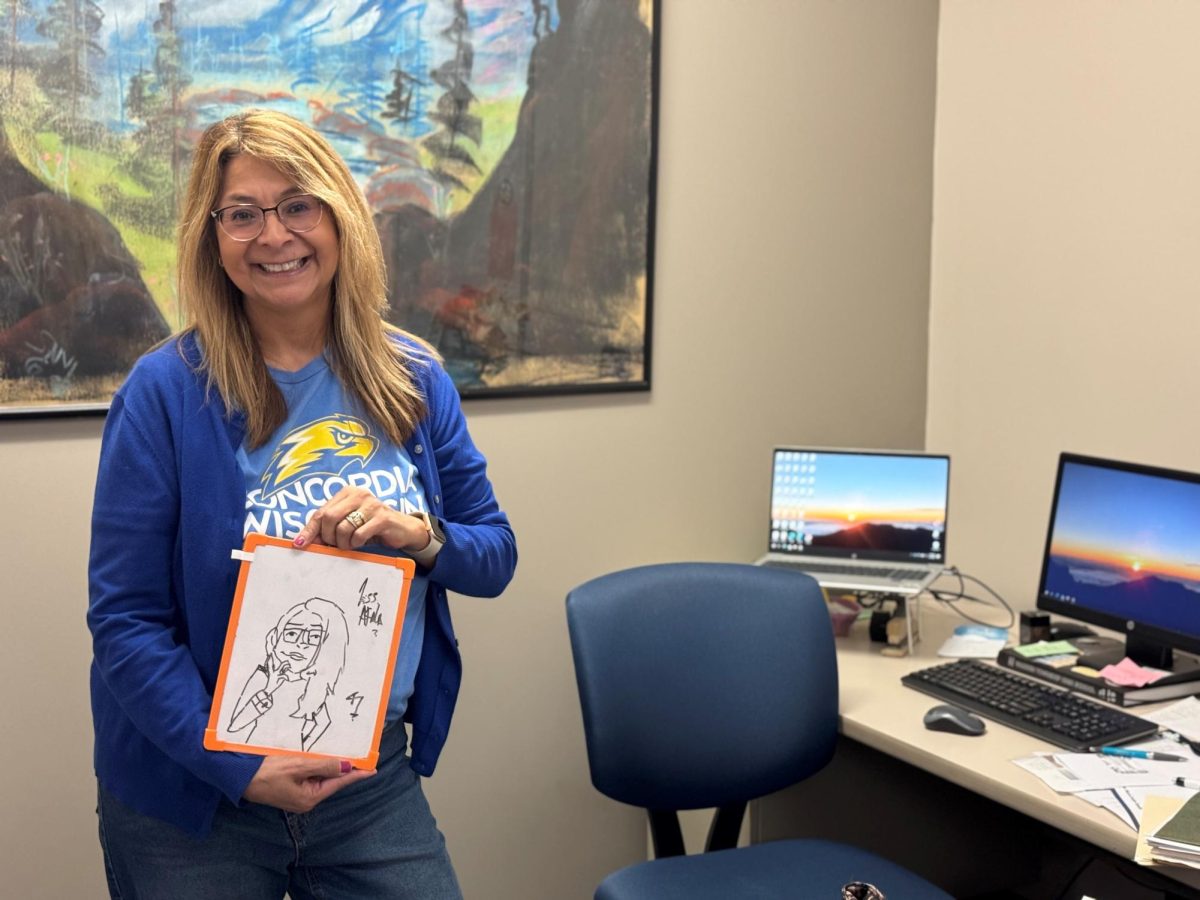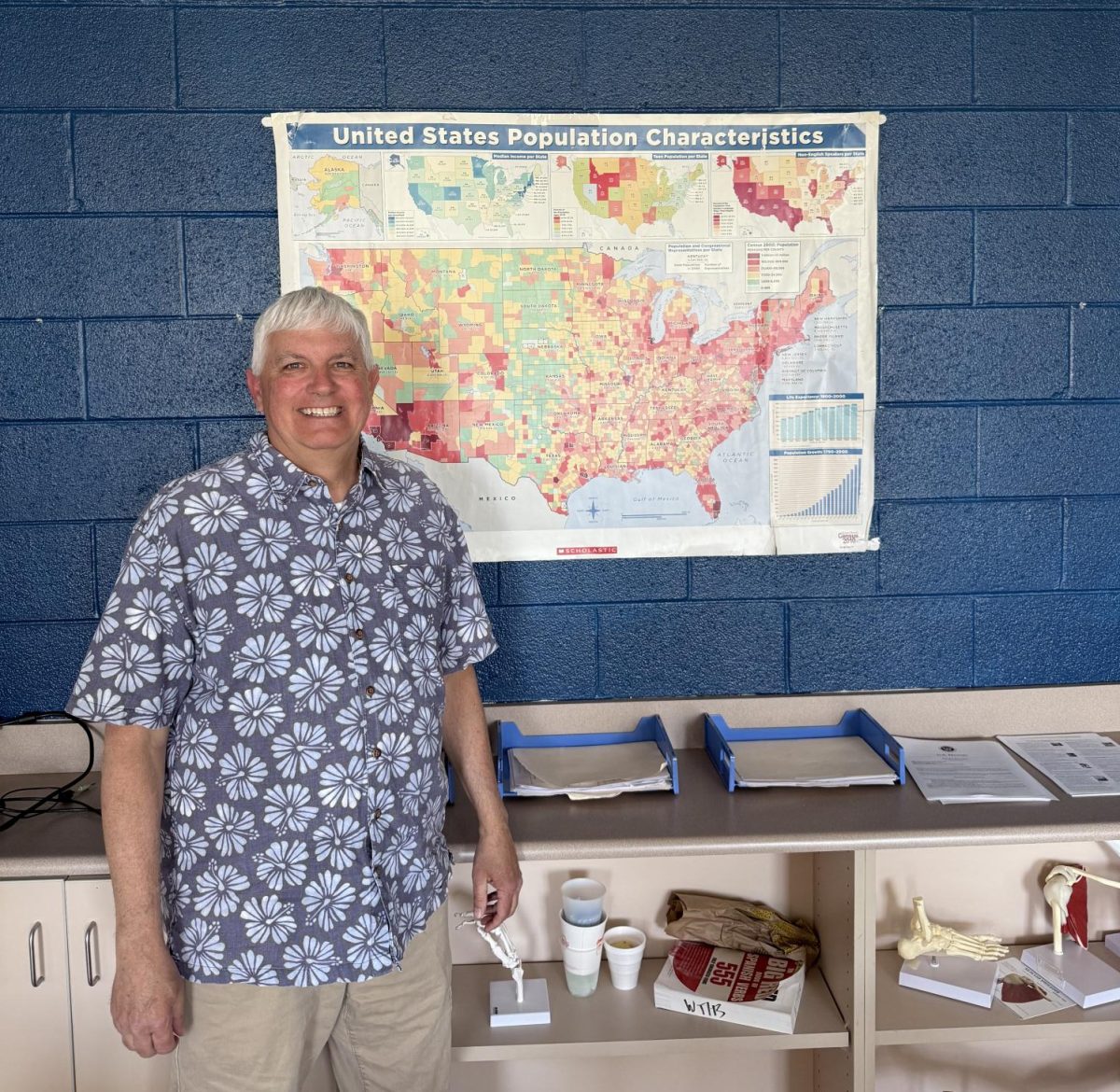The “Feminine Sorry”
February 24, 2020
Sorry. Defined as “feeling sorrow, regret, or penitence” by Merriam-Webster’s Dictionary. It’s a word that has become a staple in the English language. Why would a word of such grieving denotation be so common? Are we all truly that sorry or has its frequency devalued the word’s meaning? Is it possible that some say it more than others?
Last semester, it was brought to my attention that I unnecessarily apologize for my actions. I apologized for my excessive apologizing and went on with my day, but I couldn’t shake the feeling that people probably never believe I’m ever truly sorry. As I sat down at my desk in AP Psychology, my peer accidentally knocked a pencil off my desk. I said sorry. I frankly couldn’t stop myself!
Naturally, I looked for help from Google. After some research, I came across Ph.D. holder Maja Jovanovic’s Ted Talk called “How Apologies Kill Our Confidence.” Ted Talks being the primary source of all my information, I had to watch it. It came to my attention that there may be an indicator as to how much we say sorry. Gender. A societal schism that transcends time, it comes at little surprise that it invades our everyday tongue.
True to my skeptical nature, however, I decided to do some research, and, throughout the nation, we see women saying sorry at alarmingly higher rates than men. But, with the major advancements taking place in society today, could Generation Z display different traits? I decided to take a quick survey amongst my peers to analyze how many times they say sorry in a day.
So, females still say sorry more in our generation, but the rate of saying sorry has been on a steady decrease over the past few years. My purpose for conducting this survey and writing this article is not to find if our generation is less apologetic. It’s the hope that bringing the prevalence of saying sorry to the forefront of our attention will decrease the amount of apologizing done over both genders. Apologies are important for when we need them and are truly sorry. Every other time we apologize, we are hurting our self-esteem and devaluing our true intentions.









